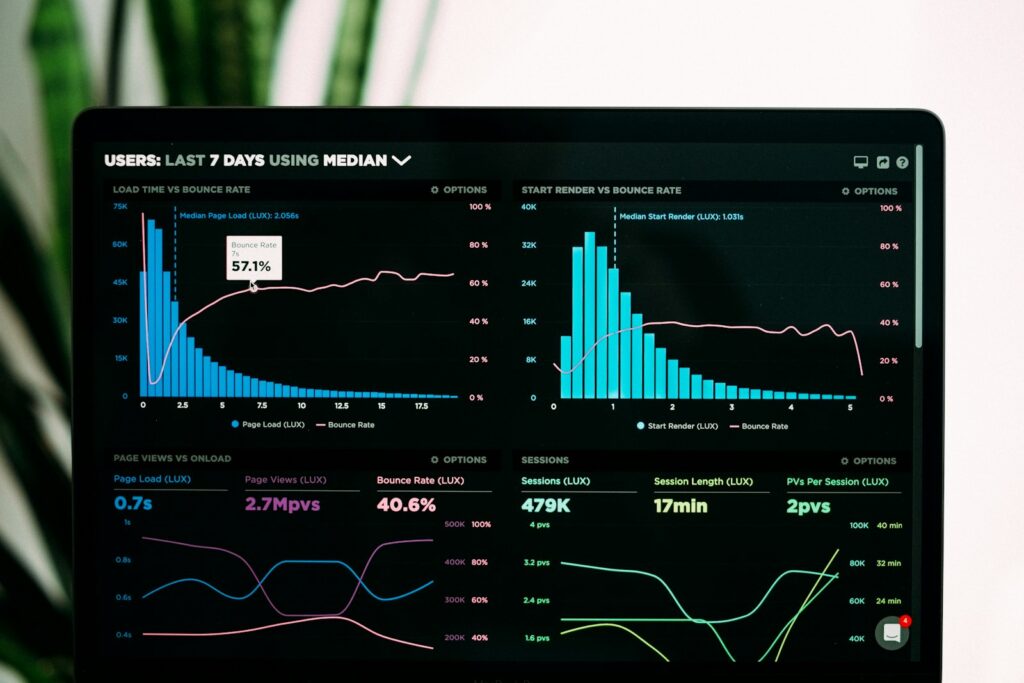Artificial Intelligence (AI) has transformed mobile app development, making apps smarter, more intuitive, and highly personalized. From AI-powered chatbots to predictive analytics and voice recognition, AI is shaping the future of mobile experiences. Whether you’re a developer, business owner, or tech enthusiast, understanding AI’s role in mobile apps is crucial for staying ahead in the digital landscape.
Why AI Matters in Mobile App Development
AI enables mobile applications to process vast amounts of data, learn from user interactions, and make real-time decisions. This results in better performance, enhanced user experience, and higher engagement. Key advantages of AI in mobile apps include:
- Personalization: AI analyzes user behavior to deliver tailored content and recommendations.
- Automation: AI streamlines processes like customer support, data management, and scheduling.
- Efficiency: AI-powered automation reduces human intervention, saving time and resources.
- Enhanced Security: AI improves fraud detection, biometric authentication, and data protection.
- Predictive Analysis: AI helps forecast trends, user preferences, and business growth.
Key Applications of AI in Mobile Apps
1. AI-Powered Chatbots & Virtual Assistants
Chatbots and virtual assistants provide real-time customer support and improve user engagement. Popular examples include:
- Siri (Apple) – Voice assistant that helps users with queries and tasks.
- Google Assistant – AI-powered personal assistant for smart device control.
- Chatbots in E-commerce Apps – Brands like Sephora and H&M use AI chatbots to enhance shopping experiences.
2. Machine Learning for Personalization
AI-driven personalization tailors content, recommendations, and advertisements based on user behavior. Examples include:
- Netflix & Spotify – AI analyzes viewing/listening history to suggest content.
- Amazon & eBay – AI recommends products based on past purchases and searches.
- Social Media Algorithms – Platforms like Instagram and TikTok use AI to curate personalized feeds.
3. AI in Image & Speech Recognition
AI-powered image and speech recognition enhance mobile apps through:
- Facial Recognition – Used in biometric authentication (Face ID, Samsung Face Unlock).
- Speech-to-Text – AI converts spoken words into text for messaging and transcription apps.
- Augmented Reality (AR) – Snapchat and Instagram use AI for filters and face recognition.
4. AI for Predictive Analytics & Decision-Making
AI helps businesses predict user behavior, optimize marketing strategies, and improve customer retention by analyzing:
- User Engagement Patterns – AI predicts churn rates and suggests retention strategies.
- Stock & Inventory Management – AI forecasts demand to optimize inventory.
- Healthcare Apps – AI predicts potential health risks based on user data.
5. AI for Fraud Detection & Cybersecurity
AI strengthens mobile app security through:
- Anomaly Detection – AI identifies unusual login activity to prevent fraud.
- Behavioral Biometrics – AI tracks user behavior for secure authentication.
- Threat Intelligence – AI-powered cybersecurity tools detect potential threats in real-time.
How to Implement AI in Mobile App Development
1. Choose the Right AI Frameworks & Tools
Developers can leverage AI frameworks such as:
- Google TensorFlow – Open-source ML platform for AI-powered mobile apps.
- IBM Watson – AI services for natural language processing and chatbot development.
- Microsoft Azure AI – Cloud-based AI solutions for mobile apps.
2. Integrate AI APIs
Popular AI APIs include:
- Google Cloud AI APIs – Includes speech, vision, and language processing.
- Amazon Rekognition – AI for facial and object recognition.
- OpenAI GPT API – For natural language processing and chatbot interactions.
3. Focus on User Experience & Performance
- Optimize AI algorithms to ensure smooth performance on mobile devices.
- Use AI responsibly to maintain data privacy and security.
- Continuously train AI models for better accuracy and efficiency.
Case Studies: AI in Successful Mobile Apps
1. Google Photos – AI-Powered Image Management
- Uses AI for automatic image categorization and facial recognition.
- Suggests edits and organizes albums based on user preferences.
2. Duolingo – AI in Language Learning
- Uses AI to personalize lessons and adapt difficulty levels.
- Provides instant feedback using speech recognition technology.
3. Uber – AI in Route Optimization
- AI predicts demand and sets dynamic pricing.
- Uses AI to optimize driver and rider match-ups for efficient routes.
Future of AI in Mobile App Development
AI will continue to drive innovation in mobile apps with advancements such as:
- AI-driven AR/VR experiences for immersive interactions.
- Emotion AI to detect user sentiment and adjust responses accordingly.
- Hyper-personalization with real-time behavioral analytics.
Conclusion
Artificial Intelligence is revolutionizing mobile app development by making apps smarter, more efficient, and highly engaging. From AI-powered chatbots to predictive analytics, AI enhances user experience, security, and business growth. As AI technology evolves, it will continue to play a critical role in shaping the future of mobile applications.
Ready to integrate AI into your mobile app? Start exploring AI frameworks and APIs today and take your mobile app development to the next level!



